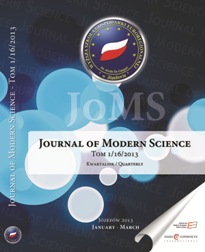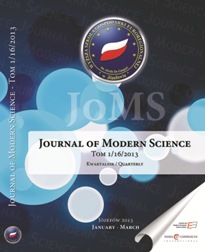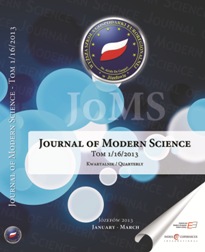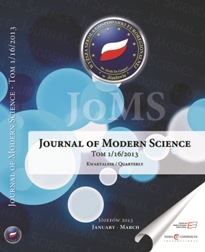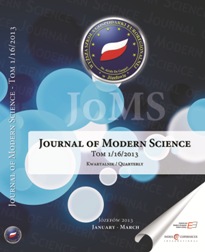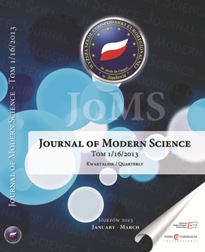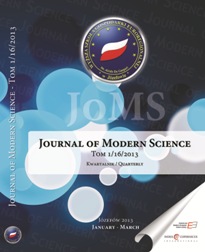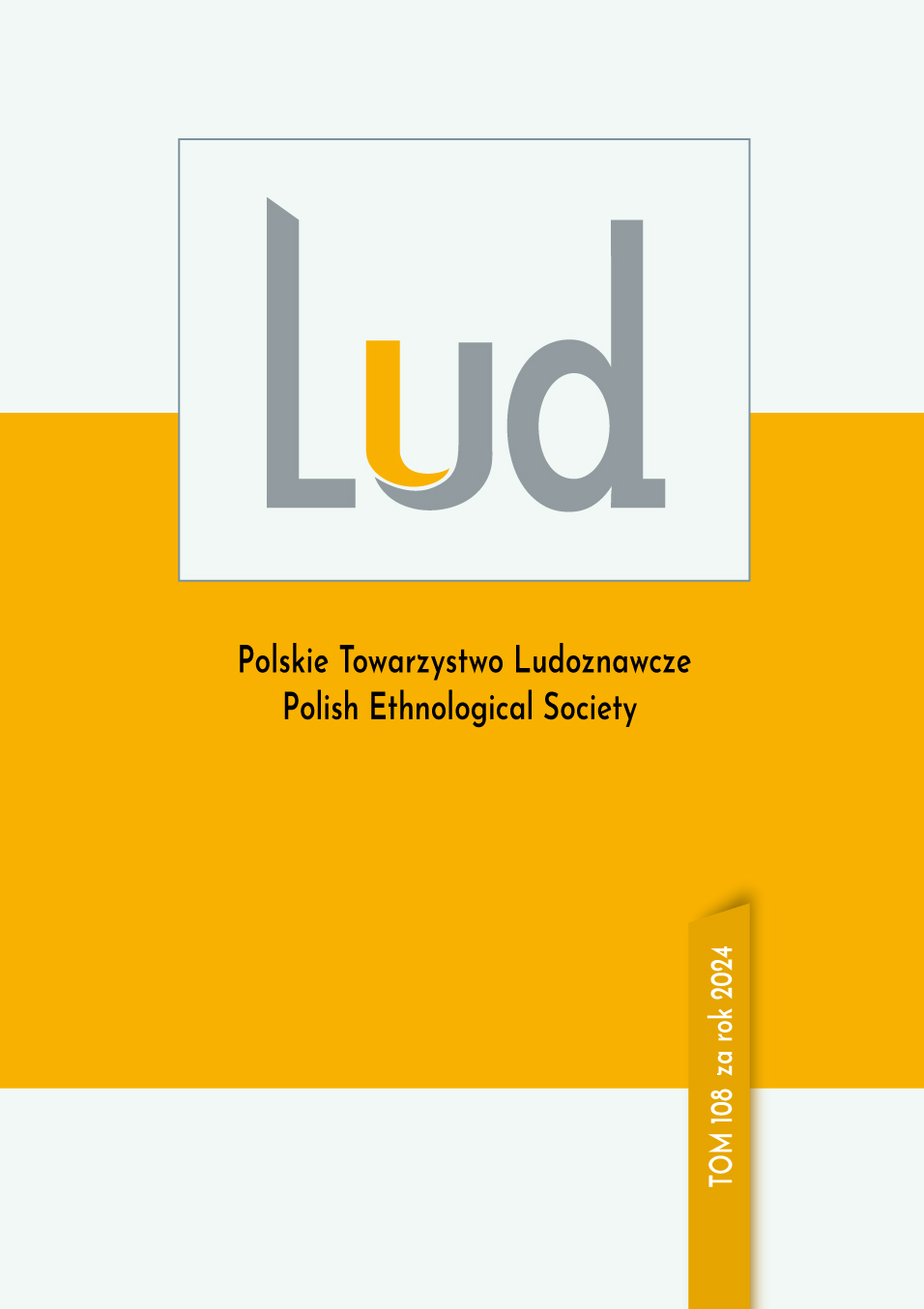Author(s): Michał Lubina / Language(s): English
Issue: 1/2013
Since 2011 Burma has witnessed a gradual process of liberalization of political situation in this country, called “the Burmese thaw”. The ongoing changes in Myanmar so far brought significant achievements, including the release of political prisoners and cease-fire agreements with ethnic minorities guerillas. Moreover, Myanmar has witnessed liberalization of the press, the release of political prisoners and the initiation of a political dialogue between the regime on the one hand and the opposition and ethnic groups on the other. The reforms culminated in by-elections on 1 April 2012, which in turn resulted in a landslide victory for Aung San Suu Kyi’s National League for Democracy (NLD). The West acclaimed these changes by lifting economical sanctions imposed for Myanmar for violating human rights decades ago. This political thaw, was not, however done due to domestic reasons, such as liberalization or any kind of reconciliation between the government and opposition. The most important reason to start reforms was China’s threat. The regime seems to have felt the need to balance China’s presence in the country. The opening-up to the West, therefore, is intended to rid Myanmar of the Chinese embrace. The reforms are meant to be a sign to the international community, especially the EU and the US, to engage with the country. This is ongoing now, with the addition of Japan. However, decades of civil war and human rights violations have created deep mistrust between the ethnic groups and the military. Consequently, it is possible that without a clear road map for political negotiations and reforms, the current peace initiative will fail and will end in renewed fighting. The country’s reform process is ongoing but fragile; at the moment it is impossible to say whether it will lead to real democratization or to a different form of authoritarian rule. The ongoing reforms in Burma seems more to be a regime’s make-up than a beginning of path leading to democratization.Nevertheless, the changes brought significant progress to the Burmese society. For the first time since two decades hope returned. The changes are noticeable, perceptible. In a year, maybe two, Burma may change from a comfortable (to us) “alternative utopia” into a new colony of global world. Westernization and globalization, first blocked by Ne Win’s autarchy and then by Than Shwe’s isolation, is inevitably arriving in Burma.
More...
